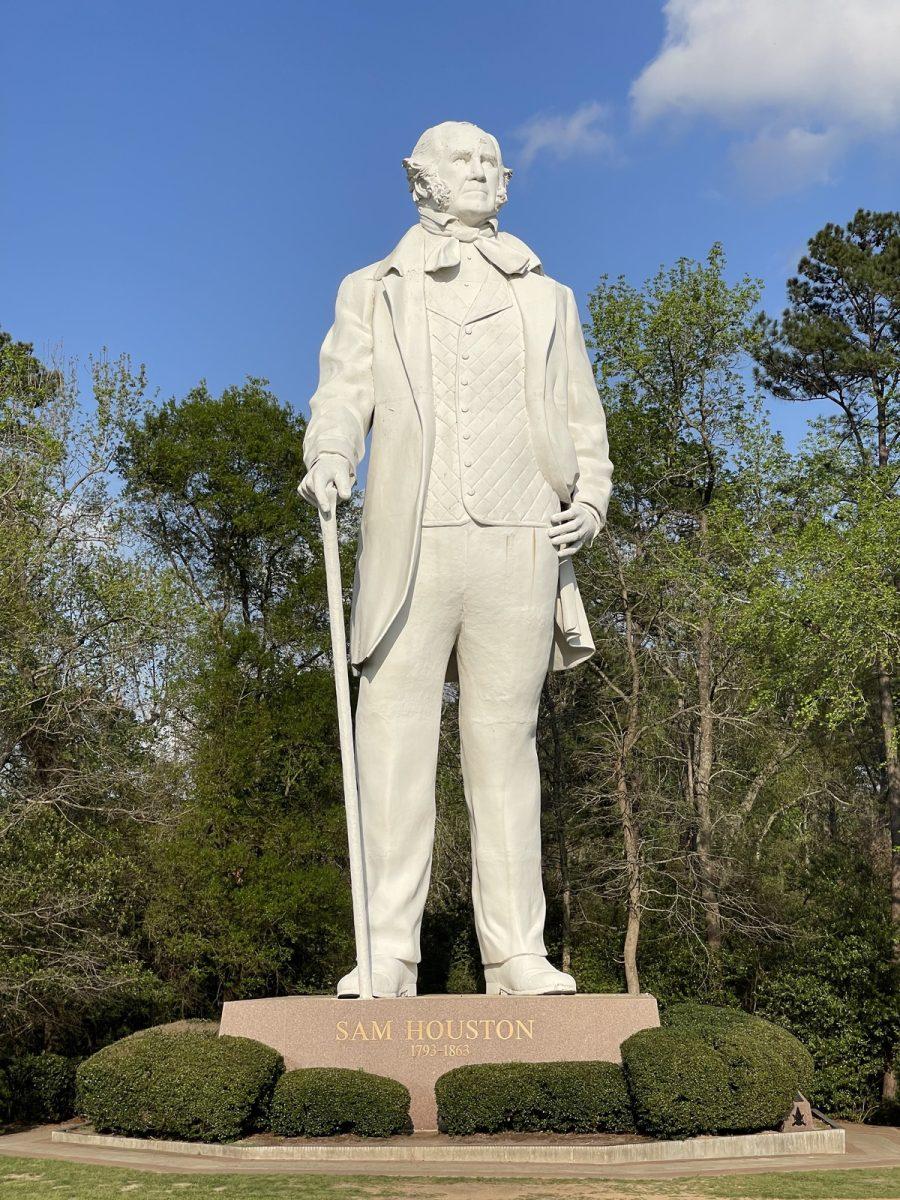On Mar. 18 a rock legend and an American music icon, Chuck Berry passed away. His innovative sound not only inspired thousands of artists but it also resonates in every Rock and Roll song in existence. Chuck Berry’s music started a genre that was loud, provocative and free. It was the grassroots of the rock and roll we may consider today, which provided the framework for many great guitar players and countless bands following.
Chuck Berry started his solo career in the mid-50s but unfortunately for many in our grandparents’ generation the first time they heard the mastermind’s work was from watered down versions covered by bands like The Beatles. In fact, The Beatles can attribute their first successful single to be a Chuck Berry original, “Roll Over Beethoven”. Indeed, the rock legend accumulated fame in the racially segregated era of the late 50s and early 60s and it was because of his skin color that only few recognized his original work. Radio DJ’s were prohibited from showcasing black artists on popular radio stations. In the time of “race records” it was extremely difficult for any artist of color to climb to success. Mr. Berry’s strides for inclusion in mainstream radio and overwhelming appeal to black and white audiences alike, eventually won over the deeply rooted racial divide that regulated what kind of music was permissible and to whom.
Chuck Berry was unique in his approach to music for several reasons. Being cognizant of where musical tastes broke down along racial lines, he often merged genres of country and rhythm & blues in his setlists with his early band. The notion of integrating the two different genres eventually diversified the audience. His sound served as a paradigm in the fact that the guitar could now exceed its original intention. Before Chuck Berry, the electric guitar was played over the top of a song for supplemental melodic purposes. The landscape changed after his first single, “Maybellene”, establishing guitar riffs to be the centerpiece of a song. The guitar could be played loudly to drive the rhythm rather than simply laying over the top.
Chuck Berry was also a showman. His lyrics helped him rise to fame capturing the teenage audience which was essential in crossing musical boundaries. He also relied on showmanship to further connect with his audiences. Playing effortlessly behind his head or duck-walking across the stage while playing his provocative riffs. Chuck Berry could engage with his audience and that element of involvement produced reactions. A Chuck Berry concert was a show where you could listen and dance until your heart was content. The audience’s response to this new music was revolutionary. He was one of the first initiators of integrated concerts where the audience could feel free to dance and mingle as they pleased and it was this fan base that helped the man become our first true rock star. Many will argue that Chuck Berry was the pioneer to make the electric guitar “cool” and I would easily agree.
Chuck Berry’s sound was unequivocally distinct and still is. You can still hear his contributions in bands like The Rolling Stones, punk rock bands like the Ramones or the Sex Pistols and even in modern rap influencing the quick and percussive delivery of their lyrics – a style perfected by the legend. His hands are everywhere across the music scene, old and new. If a guitar rhythm has ever made you dance, if you’ve ever played music your parents find unrelatable and even toxic, or if the sight of a musician lighting their guitar on fire during a performance made you think, “that is rock and roll”, remember, someone paved the way. Before the variations of sound we hear on the radio there was an originator. Before the John Mayer’s, the Gary Clark Jr’s and before Zeppelin and The Stones, before the Keith Richard’s, the Stevie Ray’s, and the Jimi’s, there was only one Chuck Berry and only one “Johnny B. Goode”.





